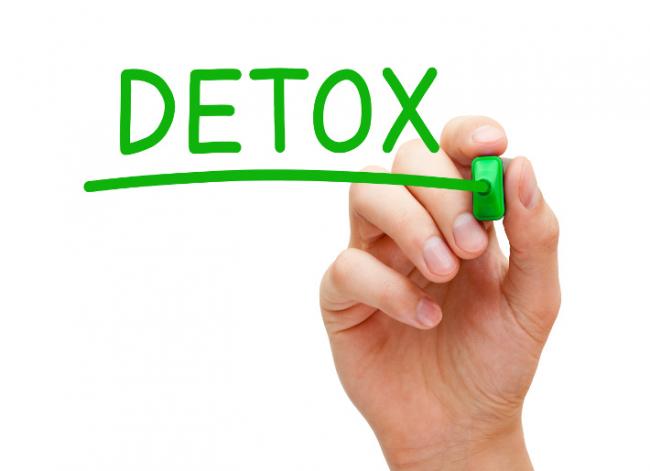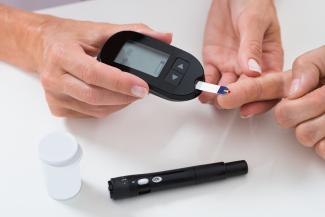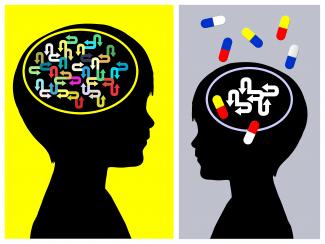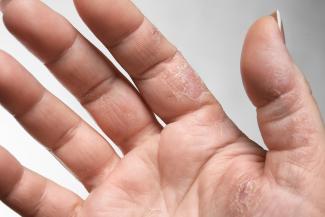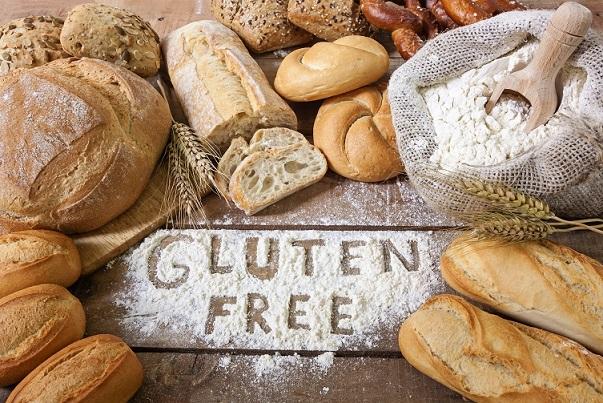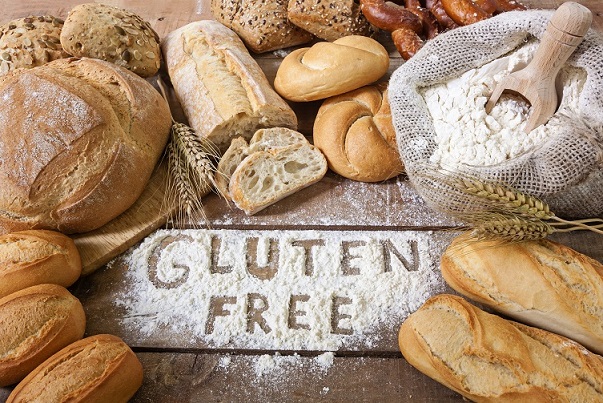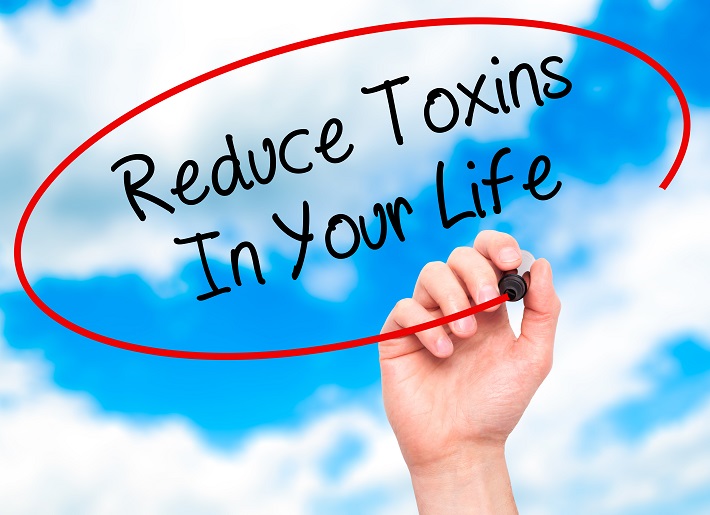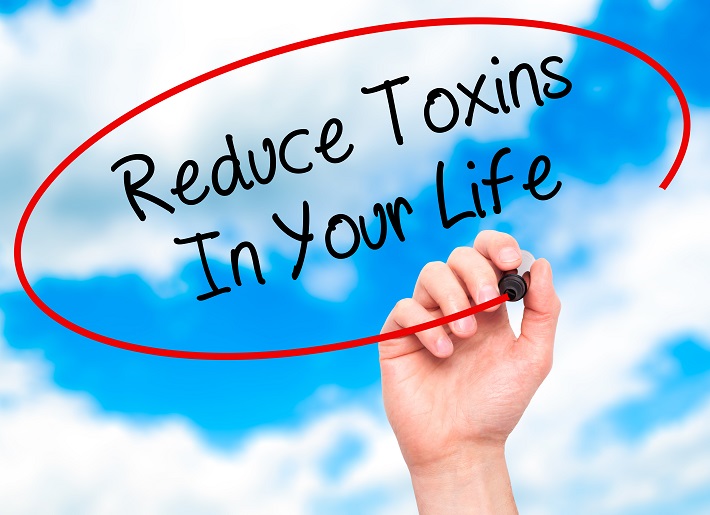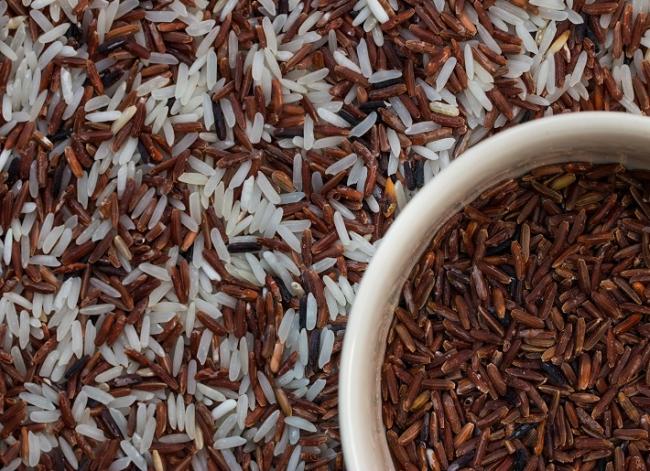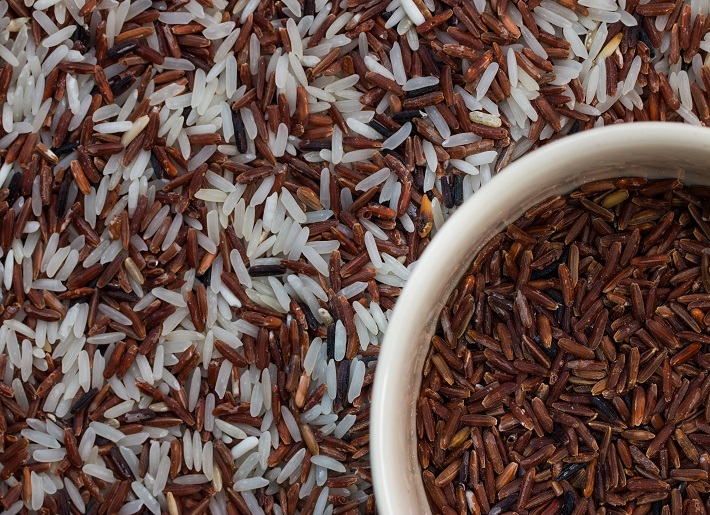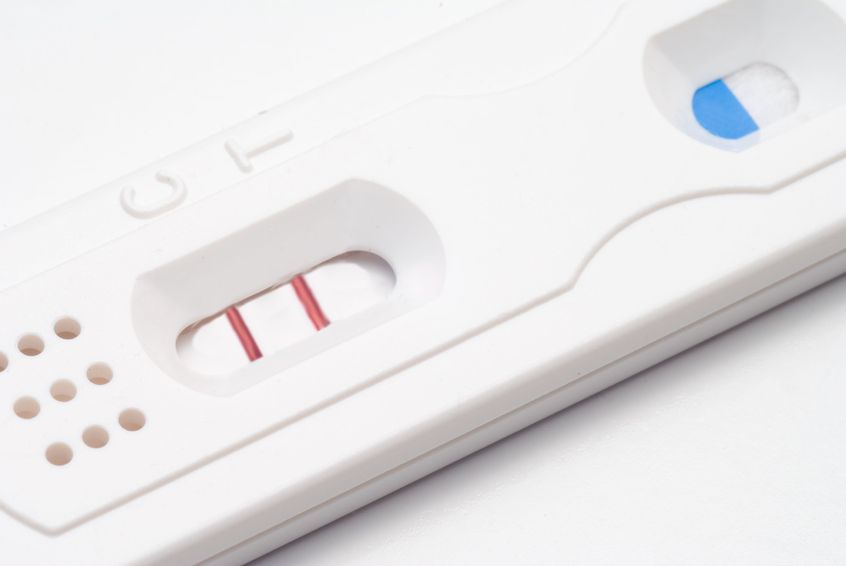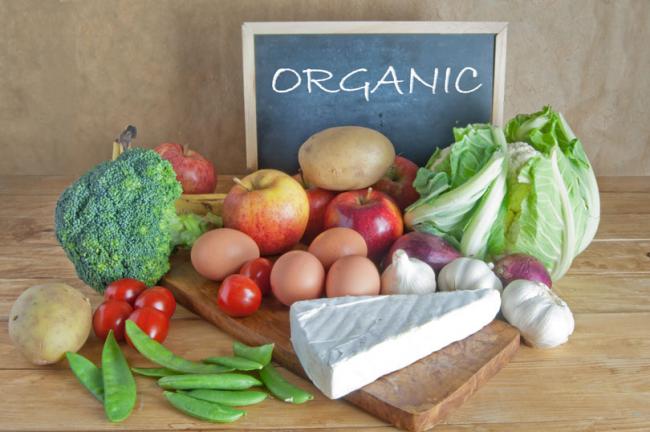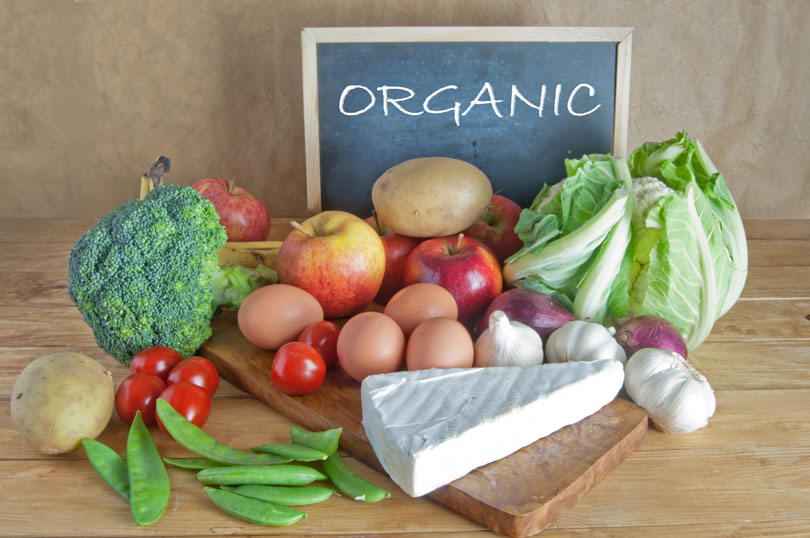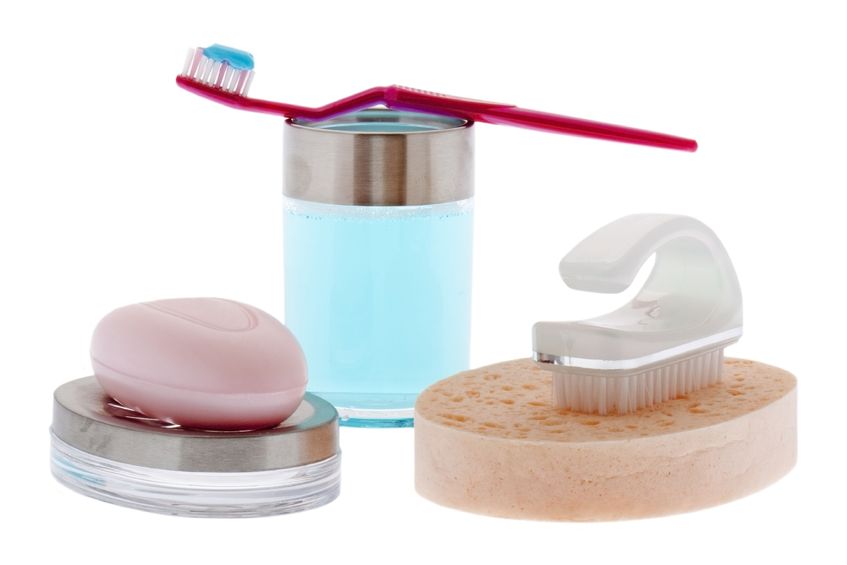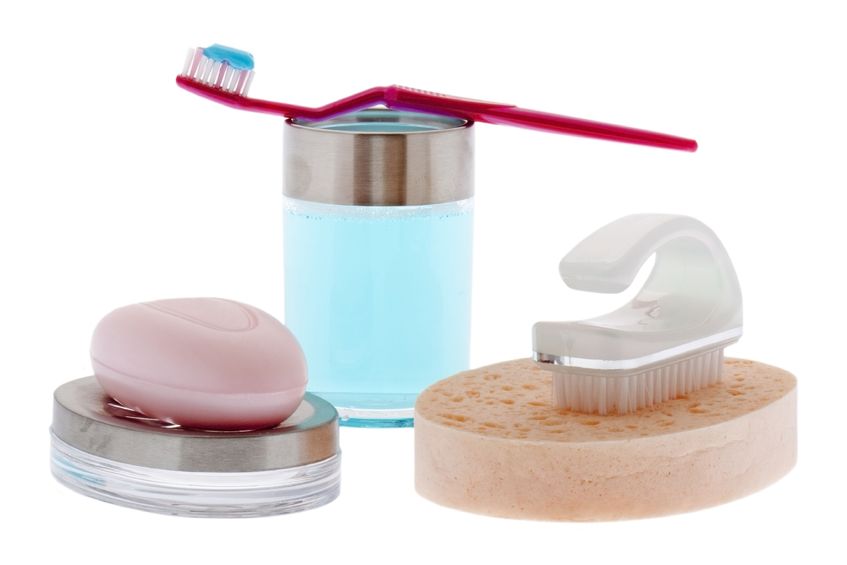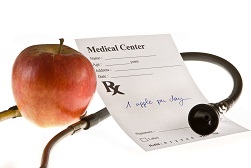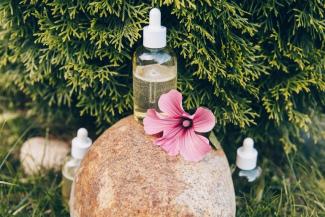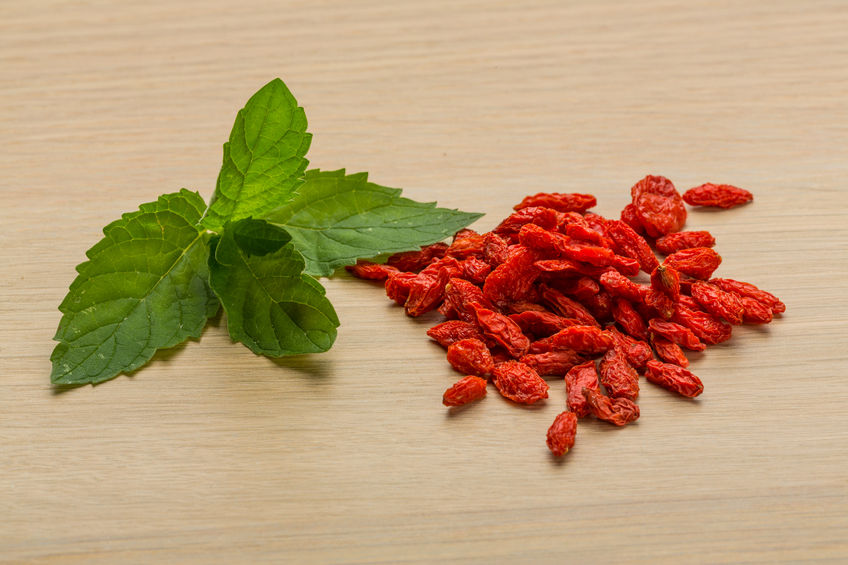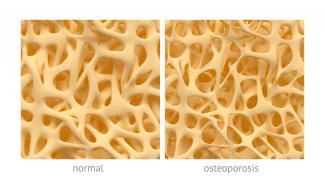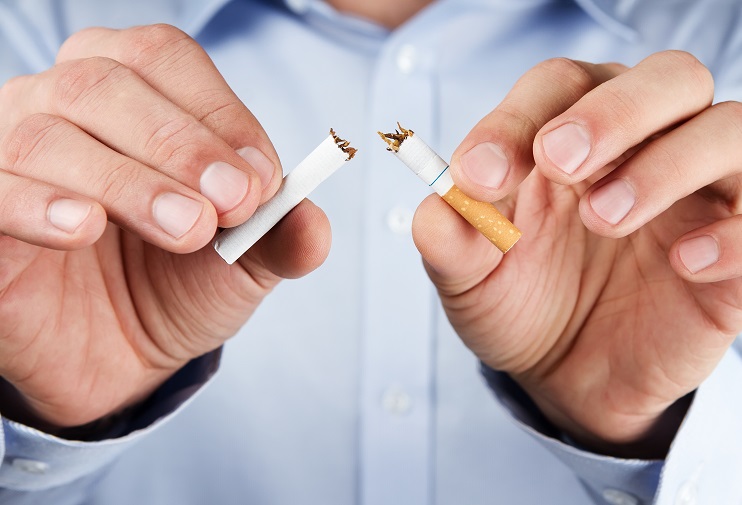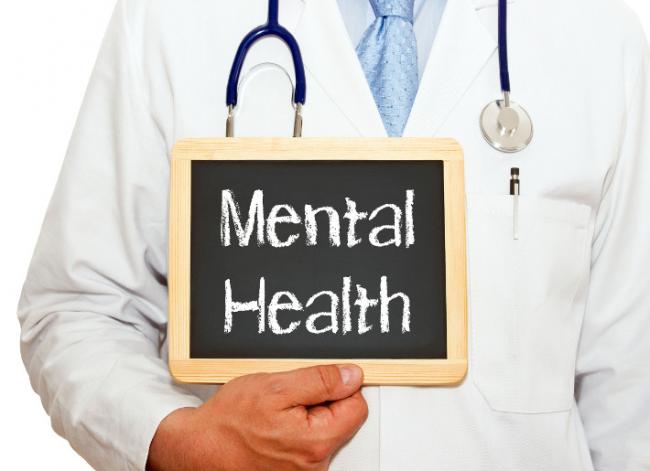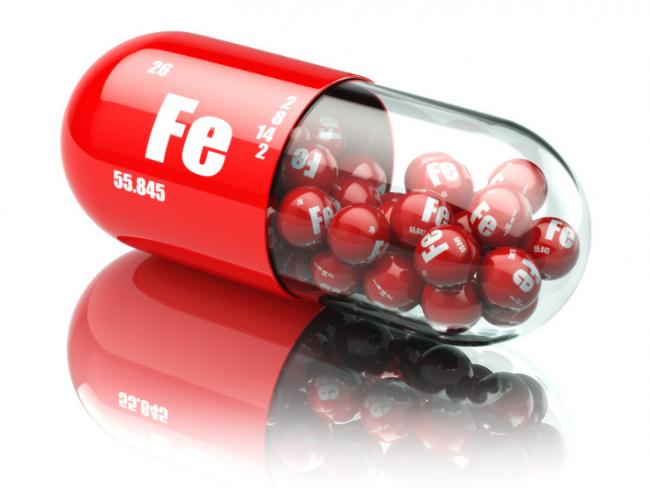Related Articles
- 05 May 20
Diabetes is a common condition of the modern world, with rates of prevalence on the rise. The International Diabetes Federation estimates that in 2019, 463 million adults currently had diabetes, with a projection for this to increase to 700 million people in the next 25 years. For Canadian adults, diabetes is the number one cause of blindness, end-stage renal disease, and amputations unrelated to trauma.
- 16 Dec 19
In many parts of the world, attention deficit hyperactivity disorder (ADHD) is not a common diagnosis. But in North America, a large portion of the pediatric population is being screened and diagnosed with ADHD every day. While there are differences in culture and diet, could there be more that we are missing in our understanding of this developmental condition?
- 28 Jan 21Advanced glycation end-products (AGEs) are compounds that are generated under hyperglycemic conditions. They could be formed endogenously, or they could be consumed from our diet. Increased presence of AGEs in the human body is associated with diverse age-related and chronic conditions...
- 13 Apr 20
Although it has been fraught with debate, and even disdain on occasion, the use of airbrushing of photos emanating from the marketing world of skin care and beauty tells us one thing: our society has a desire for evenness in skin appearance.
- 05 May 20
Do you ever question if your health is being helped or hindered by technology? With modern technology advancing, there is a diminished need to leave your home, let alone get off your couch.
- 13 Apr 20
Itchy skin, dryness, redness, and cracking—uncomfortable signs of an eczema flare-up that can range from mild to having a significant impact on quality of life. Corticosteroid creams can do a fine job of targeting symptoms and inflammation associated with eczema, although below are some suggestions to get to the root cause and prevent future flare-ups.
- 05 May 20
Climate change is possibly the most important issue of the twenty-first century. The long-term changes in the temperature of our planet will continue to impact not only our environments, but also our food and our health. These small changes are not noticeable on a daily basis, but as the years go by, the steady change over the years cannot be ignored.
- 06 Oct 16
- 13 Feb 16
 The human microbiome is defined as the full collection of genes of all the microbes in the human body and “consists of 10–100 trillion symbiotic microbial cells,” outnumbering the number of human cells by ten times. An individual’s genome is 99.9% identical to another human’s; however, their microbiomes will only show 10–20% similarity to one another.
The human microbiome is defined as the full collection of genes of all the microbes in the human body and “consists of 10–100 trillion symbiotic microbial cells,” outnumbering the number of human cells by ten times. An individual’s genome is 99.9% identical to another human’s; however, their microbiomes will only show 10–20% similarity to one another. - 12 Mar 17
- 02 Aug 19
Something everyone has in common is the need for sleep. We spend about one-third of our lives sleeping. Since we all need sleep, we all have different strategies and techniques in order to ensure a restful night’s sleep. Sleep hygiene are the habits one does in order to try to sleep well on a consistent basis.
- 11 Sep 14
 Detoxifying the body can be achieved in many ways. Essentially, the goal is to eliminate chemicals and environmental pollutants that place a toxic burden to our bodies that are responsible for the progression to many health concerns. Recent research has shown to find over 5 million chemicals in our environment, which have negative effects on the muscular, neurological, cardiovascular, and pulmonary systems in the body
Detoxifying the body can be achieved in many ways. Essentially, the goal is to eliminate chemicals and environmental pollutants that place a toxic burden to our bodies that are responsible for the progression to many health concerns. Recent research has shown to find over 5 million chemicals in our environment, which have negative effects on the muscular, neurological, cardiovascular, and pulmonary systems in the body - 10 Mar 17
- 13 Oct 15
 Schizophrenia is a mental health condition that involves a distortion of reality. The symptoms of schizophrenia vary depending on the patient, but are often described as either positive or negative symptoms (1). Positive symptoms are things that are not normally there, but that people with schizophrenia experience.
Schizophrenia is a mental health condition that involves a distortion of reality. The symptoms of schizophrenia vary depending on the patient, but are often described as either positive or negative symptoms (1). Positive symptoms are things that are not normally there, but that people with schizophrenia experience. - 03 Mar 14
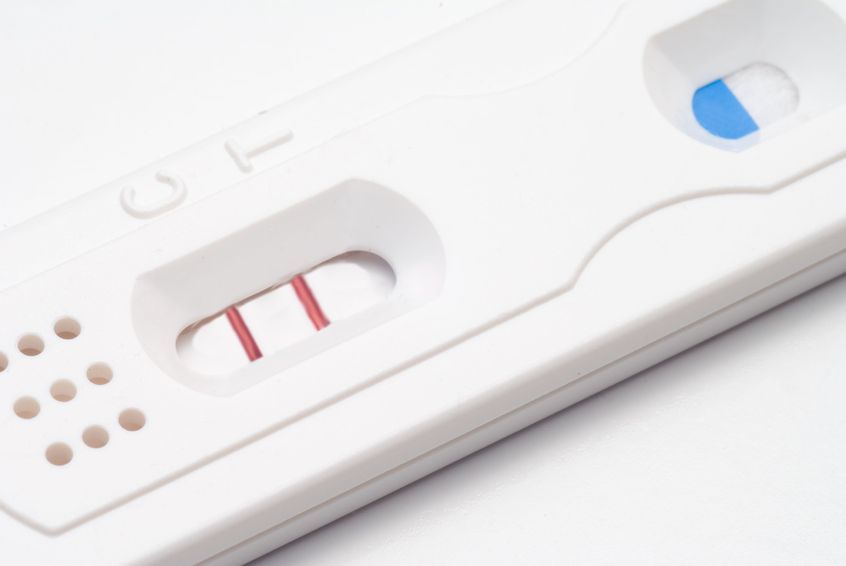 The number of couples experiencing infertility and/or resorting to assisted reproductive technology (ART) is on the rise. A study released in 2012 found that among Canadian couples (women aged 18–44 years), the prevalence of infertility ranged from 11 to 15%, and this was an increase compared to previous statistics. 25 May 1613 Oct 1530 Apr 19
The number of couples experiencing infertility and/or resorting to assisted reproductive technology (ART) is on the rise. A study released in 2012 found that among Canadian couples (women aged 18–44 years), the prevalence of infertility ranged from 11 to 15%, and this was an increase compared to previous statistics. 25 May 1613 Oct 1530 Apr 19Do you remember the classic saying: “An apple a day keeps the doctor away”? Considering how nutrient-dense apples are, it is not a far-fetched idea to see how food can be an ally in the fight against chronic disease.
11 Mar 16 Aging is not really about how long someone has been alive, but more about the decline in physical ability and health that tends to occur once a person reaches later life. Aging involves a variety of factors—including our genes, our environment, and infections with harmful viruses and bacteria. These factors—genetic, environmental, and biological—can overlap and cause us to begin the aging process, called “senescence,” which goes all the way down to the cellular level.01 Oct 22
Aging is not really about how long someone has been alive, but more about the decline in physical ability and health that tends to occur once a person reaches later life. Aging involves a variety of factors—including our genes, our environment, and infections with harmful viruses and bacteria. These factors—genetic, environmental, and biological—can overlap and cause us to begin the aging process, called “senescence,” which goes all the way down to the cellular level.01 Oct 22A quick look around your local, or online, cosmetics store will easily showcase how popular the emerging realm of clean-and-green skincare products has become. Over time, consumers have become increasingly invested in what ingredients are found or omitted in the skincare products they use.
Newsletter
Most Popular
- 17 Jun 13
- 17 Jun 13
- 17 Jun 13
- 01 Jul 13
- 17 Jun 13
- 17 Jun 13
- 17 Jun 13
- 01 Jul 13
- 17 Jun 13
- 17 Jun 13
- 17 Jun 13
- 01 Jul 13


